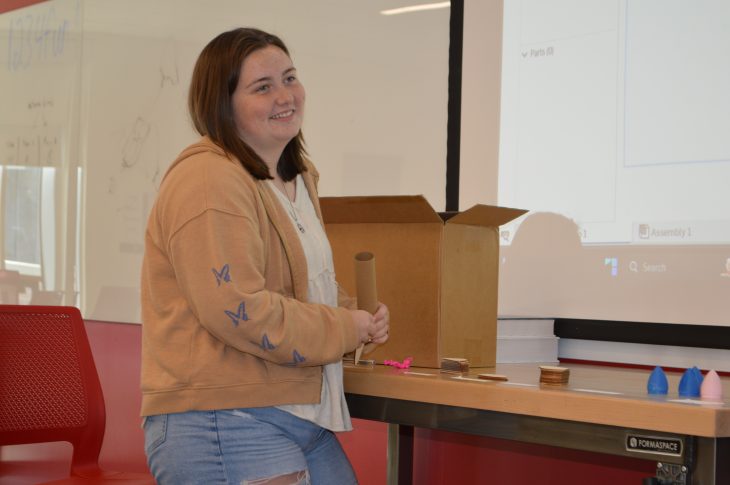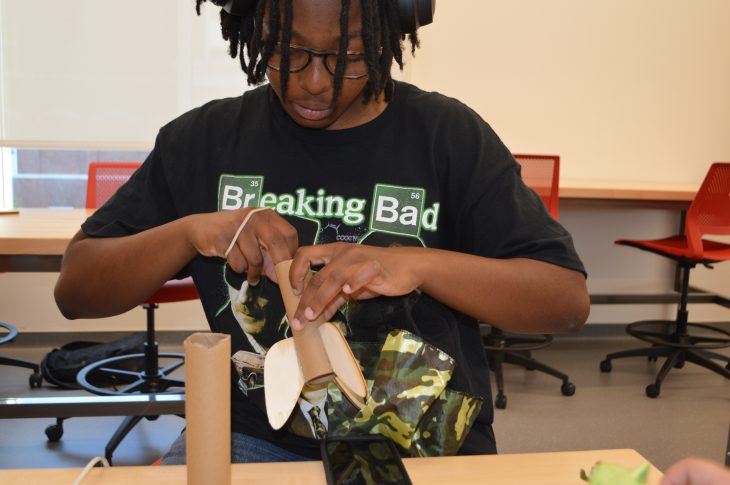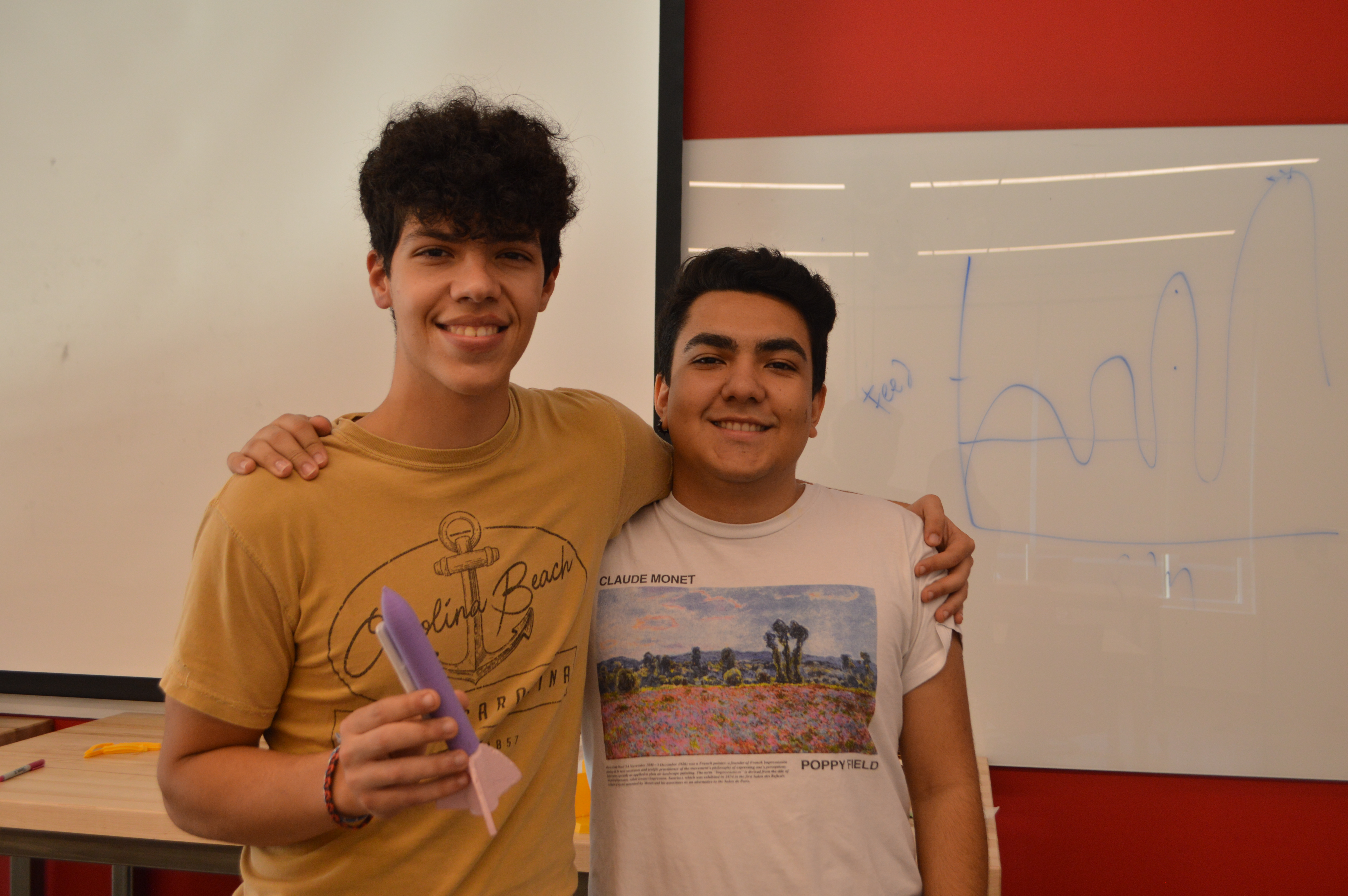Rocket Phoenix, Elon’s rocket club, is back this year bringing in more than just STEM majors to launch their ideas.
Elon University is home to more than 250 student organizations, but one club is launching students from all disciplines into STEM.
Elon’s rocket club, Rocket Phoenix, was originally founded in the 2010s but disbanded due to the COVID-19 pandemic. The club returned in Spring 2024 and is now meeting regularly.
“The beauty of building model rockets is it’s not incredibly difficult to get into. It can be as simple as a rocket just with an engine, no recovery system,” said Murilo Ferreira Lopes ‘27, president of the club and an engineering major.
Ferreira Lopes has a future goal for the club to eventually become skilled enough to build a large rocket with multiple engines. As a multi-staged rocket, when a set of engines stops, another set would begin. While the club now focuses on the basics of rocket-building and safety procedures, Ferreira Lopes would like to enter the club in competitions starting next year.
Diego Gonzalez ‘27, the club vice president and an engineering major, said they need multiple disciplines beyond engineering to build and eventually launch the rocket. The club has seen more than just STEM majors joining, with only half majoring in engineering, physics or computer science.

Alyssa Collins ‘27, who is majoring in secondary education (mathematics), said she is new to rocket-based learning. She pictures herself as a high school math teacher using the knowledge from the club to give her students a new learning experience.
Gonzalez says that Rocket Phoenix is gaining popularity due to the fun that rockets bring to an environment. “It has stuff that everyone can put their skills into,” he said
Jeremy Hohertz, lecturer in physics and astronomy, is the faculty adviser for Rocket Phoenix, yet he takes a more relaxed role – allowing Ferreira Lopes and Gonzalez to educate the newer members on how to build the rockets.
“Like most clubs, just like most businesses, the first measure of success is longevity,” said Hohertz, commenting on the previous version of the club being “strong” but not lasting long. His personal goal for the club is to see it be structured in a way that allows growth and mentorship of leaders for multiple generations.

As members discussed a future launch at a September meeting, there was a whisper around the club about a missing rocket. Ferreira Lopes told the story about their past launch disappearing in the sky during the spring semester.
“It was our lightest rocket and was really easy to get pushed,” he said. “We lost it within three seconds, and we just heard a splash, but we hypothesized that it fell in a lake.”
Rocket Phoenix intends to last and encourage more people to get involved in space, engineering, design and the various parts required to send a rocket to the sky and sometimes the lake.



